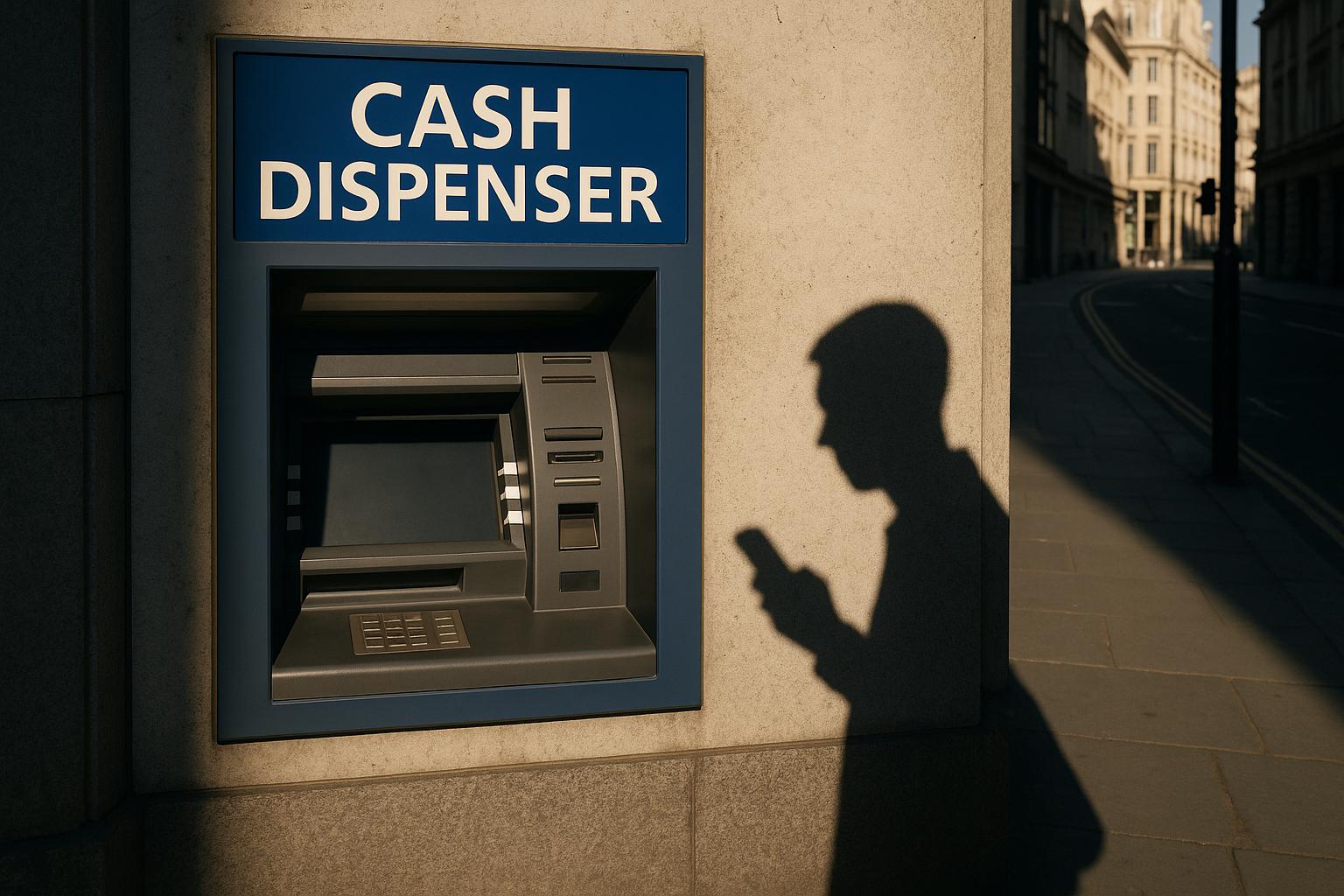After a gym session in Saffron Walden, a woman found herself in an unexpectedly frustrating predicament when she attempted to pay for health food with a crisp £50 note. Despite the note being legal tender, the shop assistant refused to accept it, citing concerns about counterfeit bills and company policy. The woman’s attempts to change the note at a local butcher and two banks met similar refusals — the butcher wouldn’t accept £50 notes, the bank branches had largely closed, and Nationwide would only break notes for its own customers. A kind stranger in the queue finally helped, highlighting a growing issue in the UK: cash, especially higher denomination notes, is becoming difficult to use in everyday transactions.
The Bank of England confirms that while cash is indeed legal tender, retailers and service providers are not legally obliged to accept it for purchases. This legal nuance often surprises consumers who assume cash must be accepted universally. Meanwhile, cash usage continues to decline sharply. Recent statistics reveal cash made up just 9% of payments last year, a dramatic drop from around half of all transactions a decade ago. One report forecasts this figure could fall to just 4% over the next ten years. The shrinkage in cash usage is attributed to a mixture of factors: the rise of digital payment systems, consumer preference for contactless and mobile payments, and businesses’ operational reasons, such as handling costs and fraud concerns.
However, cash remains an important financial tool for many. A 2025 survey revealed that 61% of UK adults still use cash at least once a week, and 13% use it daily. For some, especially amid economic pressures like the cost-of-living crisis, cash serves as a budgeting tool. Research also shows a subtle reversal in the downward trend, with some reports noting a slight increase in cash use in recent years, attributed to households seeking to better manage their finances.
In addition to everyday convenience and budgeting, cash plays a critical role in resilience against potential emergencies. Concerns have been raised about reliance solely on digital payment infrastructure in the event of system failures, cyber-attacks, or power outages like those recently witnessed in parts of Europe. Some countries, including Norway, Sweden, and the Netherlands, have even introduced legislation requiring vendors to accept cash and encourage citizens to keep cash reserves at home. The European Central Bank also advises households to retain cash for emergency use should digital systems fail. In contrast, the Bank of England currently leaves such warnings to the government, despite its governor publicly acknowledging he carries cash for emergencies.
The decline of bank branches and ATMs further complicates access to cash. Latest data from the House of Commons Library indicates that by mid-2023, around 3.5% of the UK population lived more than 2km from any place to withdraw cash. This reduction in physical access, combined with businesses’ reluctance to accept large denominations, presents a challenge for those who rely on cash, including vulnerable or digitally excluded groups.
While the financial landscape steadily embraces digital payments, the UK illustrates a complex balance. Cash remains a fallback, a budgeting aid, and an emergency resource despite its waning everyday role. The ongoing debate around legal tender versus retail acceptance, access to cash, and financial resilience signifies a transitional moment in the nation’s monetary culture — one in which the fate of cash hangs delicately between historic tradition and futuristic convenience.
📌 Reference Map:
- Paragraph 1 – [1]
- Paragraph 2 – [1], [4]
- Paragraph 3 – [2], [7], [6]
- Paragraph 4 – [1], [4], [5], [6]
- Paragraph 5 – [1], [5], [4]
- Paragraph 6 – [1], [5], [4]
Source: Noah Wire Services
